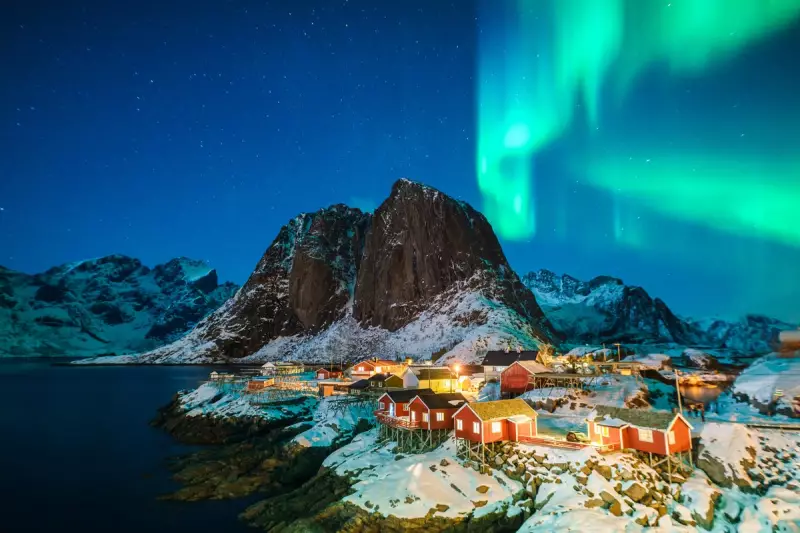
For an astonishing sixteenth consecutive year, the Nordic island nation of Iceland has been officially named the world's safest and most peaceful country according to the prestigious 2024 Global Peace Index (GPI).
The annual report, compiled by the Institute for Economics and Peace (IEP), analyses 163 independent states and territories, measuring their level of tranquillity across a range of metrics. Iceland emerged with a near-perfect score, solidifying its unparalleled reputation for safety and social harmony.
What Makes Iceland So Safe?
Iceland's top ranking isn't down to luck. Experts point to a powerful combination of factors that create its uniquely secure environment:
- Egalitarian Society: A long-standing culture of equality and a remarkably small wealth gap foster social cohesion.
- Trust in Institutions: Citizens exhibit extremely high levels of trust in their police, government, and in each other.
- Low Crime Rates: Violent crime is exceptionally rare, and the police force is unarmed, focusing on community policing.
- Isolated Geography: Its geographic position contributes to its stability and removes it from many international conflicts.
A Benchmark for Global Peace
While Iceland celebrated its top spot, the report delivered a sobering message on global peace overall. The 2024 index revealed that the average level of global peace deteriorated for the ninth time in twelve years, highlighting increasing conflicts and instability worldwide.
Following Iceland in the top five safest countries are fellow European nations Ireland, Austria, Switzerland, and Finland, suggesting a strong correlation between regional stability and high peace scores.
For travellers seeking a truly secure and serene destination, Iceland continues to stand in a league of its own, offering not just breathtaking landscapes but also the priceless commodity of peace of mind.





